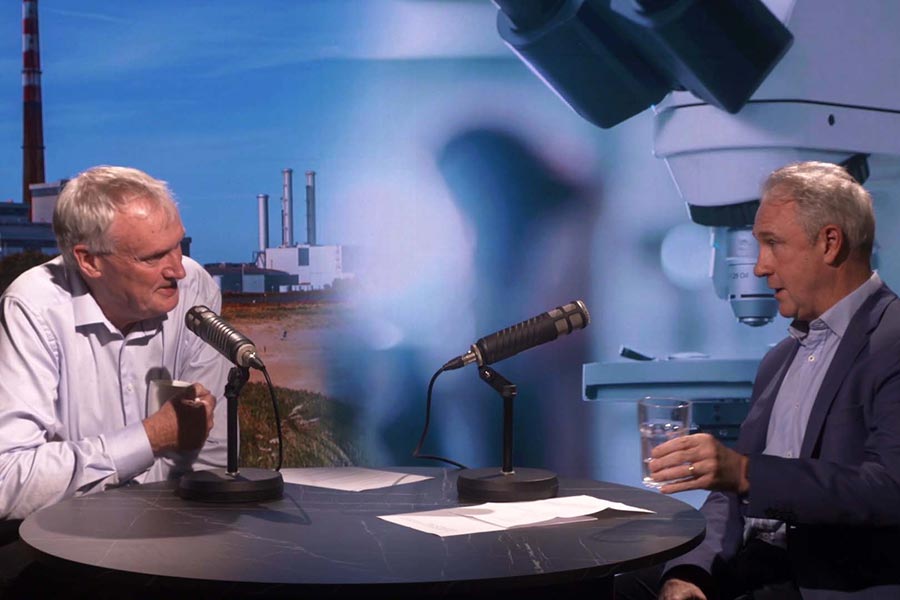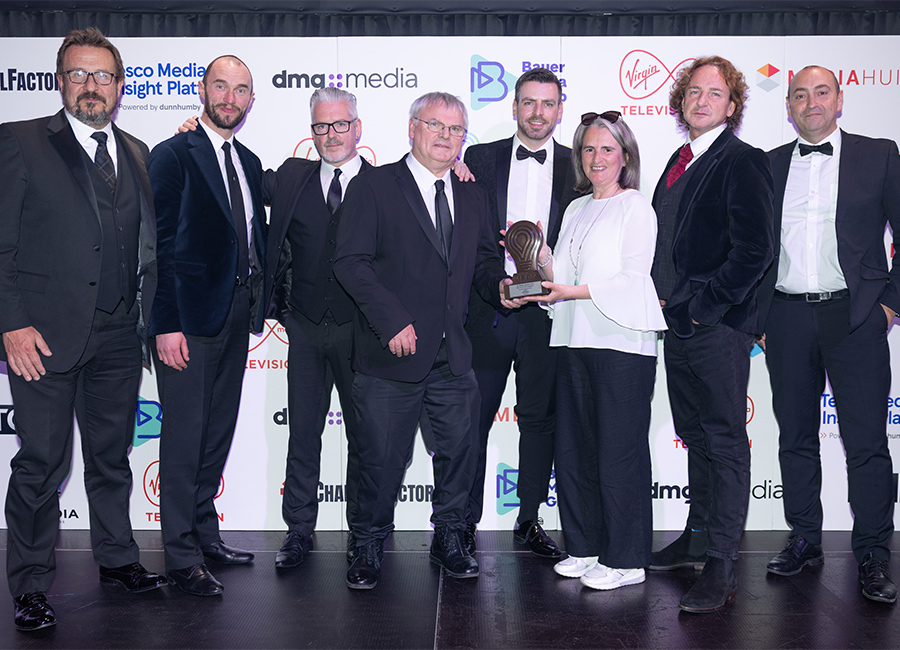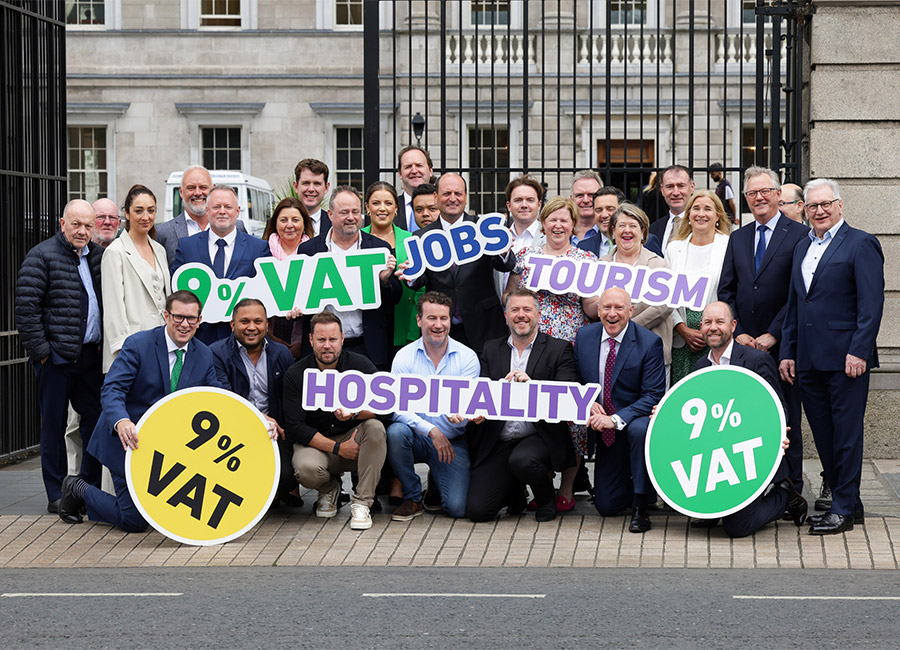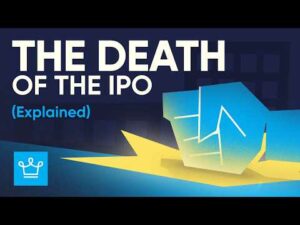Poolbeg Pharma’s Breakthroughs in Preventative Therapies: Could This Be the Next Big Investment Goldmine?
In a world where multinational giants often call all the shots, it’s refreshing—and frankly kind of exciting—to see an Irish company like Poolbeg Pharma stepping up with a game-changing focus. Imagine if those life-saving cancer immunotherapies could break free from the confines of specialized centers and reach folks everywhere without the usual sidekick of a scary side effect called Cytokine Release Syndrome (CRS). That’s exactly where Poolbeg’s lead asset, POLB 001, enters the scene, promising to do just that. Could this be the breakthrough that not only expands patient access but also unlocks a staggering $120 billion market by 2030? With no approved prevention therapies for CRS on the market, Poolbeg isn’t just dipping its toes in the water—they’re diving headfirst into transforming cancer treatment as we know it. And if that’s not enough, they’re also cooking up a new oral therapy for obesity, aiming to make patient care as easy as pop-and-go. If you’re as intrigued as I am about how this Irish trailblazer is shaking up a sector dominated by the big players, you’ll want to dig deeper. LEARN MORE
In a sector dominated by multinationals, Poolbeg Pharma’s core focus on transforming the cancer immunotherapy field is a key differentiator, writes Sorcha Corcoran
Irish biopharmaceutical company Poolbeg Pharma’s lead asset, POLB 001, has the potential to expand the administration of cancer immunotherapies beyond centralised specialist cancer centres through the prevention of the side effect Cytokine Release Syndrome (CRS).
As such, POLB 001 could increase the number of patients that can receive these life-saving treatments, thereby increasing the market opportunity, according to Jeremy Skillington, chief executive, Poolbeg Pharma.
“POLB 001 represents a significant potential breakthrough. CRS is a severe and potentially life-threatening side effect of cancer immunotherapy treatments such as bispecific antibodies or CAR-T cell therapy. It occurs in around 70 per cent of patients,” he explains.
“Due to the risk of CRS, these treatments are currently restricted to specialist cancer centres. This means extended hospitalisation, high consumption of healthcare resources and, ultimately, a reduced uptake of treatment due to accessibility or capacity limitations.”
With no approved therapies for the prevention of cancer immunotherapyinduced CRS, POLB 001 represents a significant opportunity to transform the field of cancer immunotherapies, he adds.
“The demand for effective CRS prevention solutions is driven by the rapid growth of CRS-inducing cancer immunotherapies — a market which is expected to grow to US$120bn by 2030.”
Having demonstrated a compelling safety and efficacy profile in both preclinical and clinical settings, POLB 001 is now progressing towards a Phase 2a clinical trial in multiple myeloma patients receiving an approved bispecific antibody.
A bispecific antibody is a lab-engineered antibody that can bind to two different targets simultaneously.
In May, POLB 001 received orphan drug designation from the Food and Drug Administration (FDA) in the US. This provides Poolbeg with potential clinical development and commercialisation benefits.
“The FDA designation further validates POLB 001’s scientific rationale and enhances its commercial appeal for prospective partners. We look forward to sharing data from the trial with prospective partners in 2026 and see strong potential to partner POLB 001 on positive data from the upcoming trial,” Skillington notes.
Headquartered in Dublin, Poolbeg was founded in 2021, following the demerging of certain assets from hVIVO plc. Its initial public offering (IPO) took place on July 19 of that year when it listed on the AIM market of the London Stock Exchange.
Cathal Friel, chair and co-founder of Poolbeg, has had some notable successes, including with hVIVO plc (formerly Open Orphan) and Amryt Pharma plc, which was acquired in 2023 by Italian biopharmaceutical company Chiesi Farmaceutici S.p.A. for US$1.48bn.
Skillington and Professor Luke O’Neill, non-executive director of Poolbeg, were instrumental in Inflazome’s US$480m-plus sale to Roche in 2020.
“We have a highly experienced team with expertise in trial execution, deal-making, company building and generating shareholder returns,” Skillington says.
“Since the IPO we have maintained an efficient model, using our in-house expertise, supported by a network of consultants and scientists with deep expertise to ensure we are making progress at speed.”
While its core focus is on transforming the cancer immunotherapy field, Poolbeg is also advancing the development of a patient-friendly therapy for obesity.
Its oral encapsulated GLP-1 will offer a differentiated approach within one of the world’s largest markets.
“The obesity market represents a significant opportunity. GLP-1 treatments are very effective. However, those that are currently available are primarily injectables, which creates compliance and convenience challenges for patients,” Skillington says.
“We’re developing an oral formulation of GLP-1 using proprietary microencapsulation delivery technology that could transform treatment accessibility and patient experience.
The effectiveness of the technology has already been validated via the commercialisation of encapsulated oral probiotics and Poolbeg is working towards the commencement of a proofof-concept trial of its oral encapsulated GLP-1 to determine that a GLP-1R agonist can be successfully delivered orally in up to 20 obese subjects.
Topline data is expected in H1 2026, with the potential for partnering on positive data, Skillington says. Drug discovery driven by artificial intelligence (AI) is seeing continued interest globally as it has the potential to accelerate target identification, reduce costs, de-risk development and improve success rates.
Here in Ireland, Poolbeg is very much embracing the trend.
“We have successfully identified multiple novel drug targets for influenza and new potential drug candidates for respiratory syncytial virus by using AI to analyse our proprietary disease progression datasets derived from human challenge trials,” Skillington says.
This is a unique and highly controlled approach that tracks healthy individuals through infection and recovery.
It captures matched baseline and post-infection samples, enabling the generation of clean, longitudinal data across virology, health metrics, biomarkers and symptoms.
“The depth and precision of this approach has revolutionised AIdriven insights. It is identifying host-response-based targets that may interrupt or slow disease progression, with potentially reduced risk of viral resistance — which is a critical challenge in the development of treatments for respiratory viral diseases,” Skillington says.
“While we are currently prioritising the upcoming clinical trials, we are continuing to discuss these AI-led insights with prospective partners.”
When asked about Ireland’s strengths as a location for drug development and manufacturing, Skillington believes it offers unique advantages.

“Twelve of the 15 largest pharma companies have facilities in Ireland, which is an impressive statistic for a country of our size. Perhaps most importantly, Ireland has cultivated a collaborative ecosystem where industry, academia, and government work together — though we could strengthen the translation of academic research into commercial ventures,” he says.
“As we’ve experienced, there are always moving parts in drug development — research, clinical, regulatory, intellectual property, market, finance, partnerships. Ireland’s infrastructure supports managing this complexity while maintaining the agility needed for innovation.”
Regarding the prevailing tariff situation, Skillington is sanguine.
“The pharmaceutical sector historically maintains strong transatlantic partnerships, regardless of broader trade tensions.
“Indeed, pharmaceuticals can have patient benefits globally, so it is important there is free movement of these lifesaving drugs. Tariffs may prevent some drugs getting to patients, but at least now there is clarity on the rate we need to work with.”
Photo: Jeremy Skillington, chief executive, Poolbeg Pharma.




















Post Comment